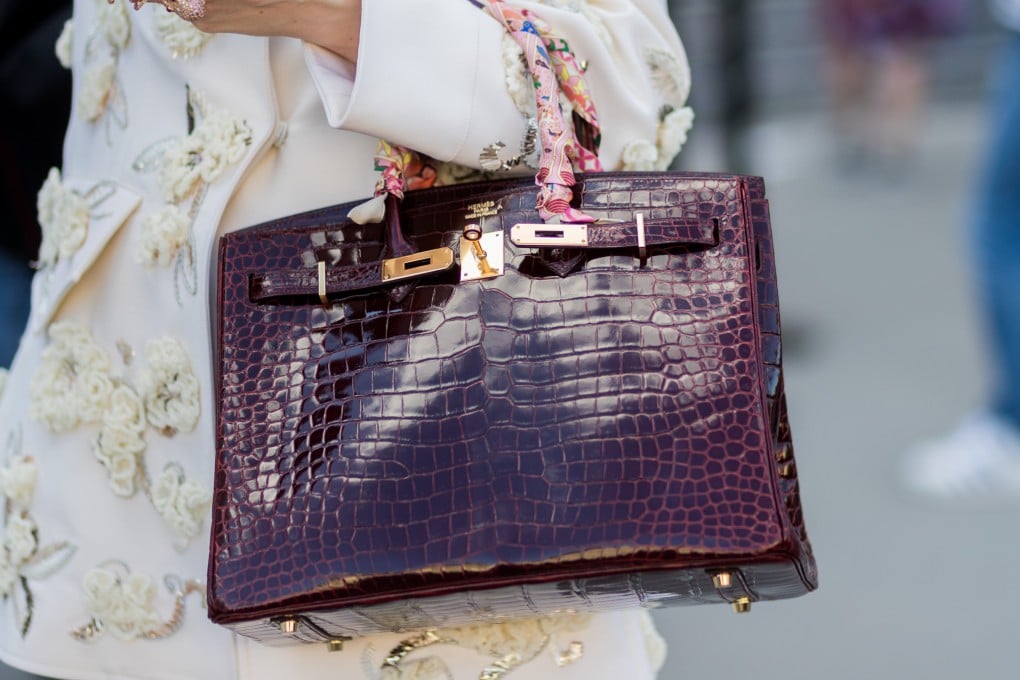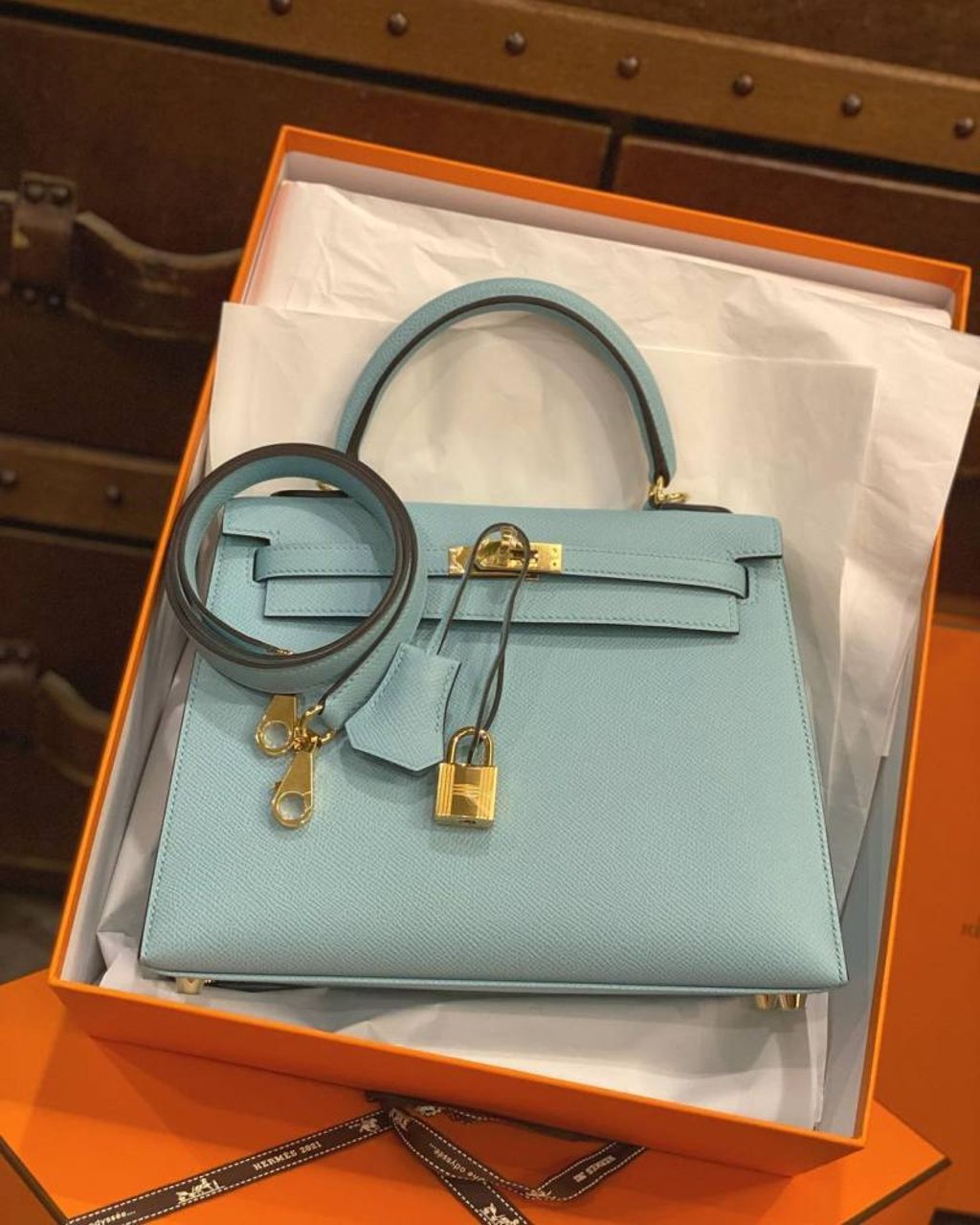Hermès and Chanel limit bag purchases to keep them exclusive and stoke desire for their products
- Hermès is famous for its quota on bag purchases, and Chanel is now doing the same, and has increased prices, to avoid becoming a mass-market brand
- Both brands want to increate the scarcity value attached to their handbags and accessories. In Chanel’s case, it’s a response to a booming resale market

Hot, bothered and desperate to get her hands on the ultimate status symbol of the late 1990s, Sex and the City’s Samantha Jones resorts to impersonating actress Lucy Liu to bump herself up the Hermès Birkin waiting list.
For viewers, it was also an illuminating introduction to the concept of distribution control. You would assume that brands want as many customers as possible spending four or five figures on a single handbag, but preserving brand reputation is actually far more valuable.
The best way to create exclusivity? Scarcity.

Twenty-four years on from that Sex and the City episode, Hermès still has a Birkin waiting list and limits customers to two purchases of a year. It makes sense. If owning a particular accessory requires more than just money, that item is far more likely to become a status symbol among the rich.
